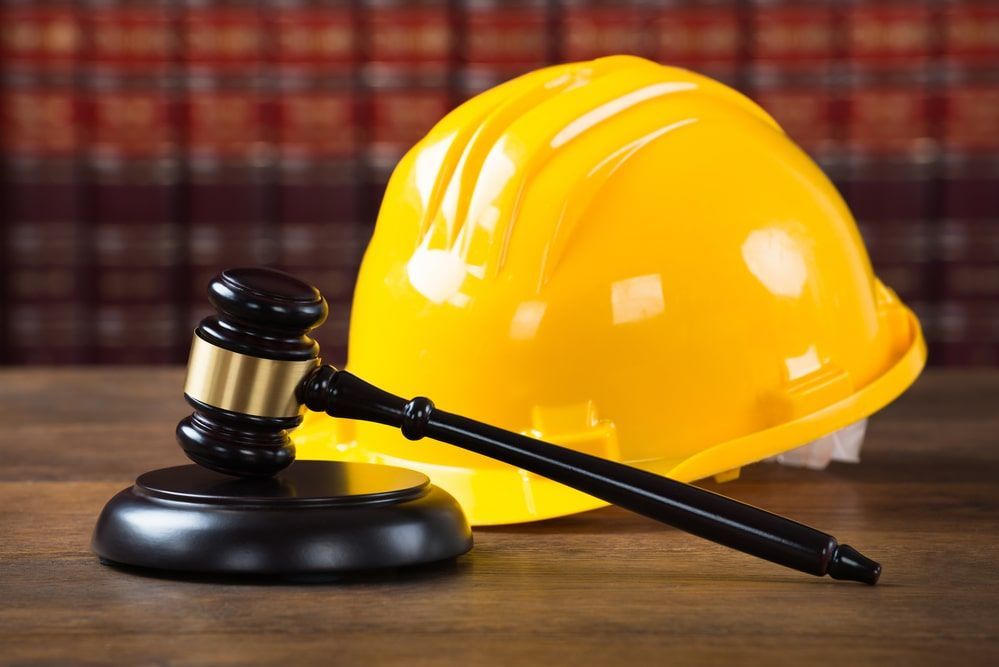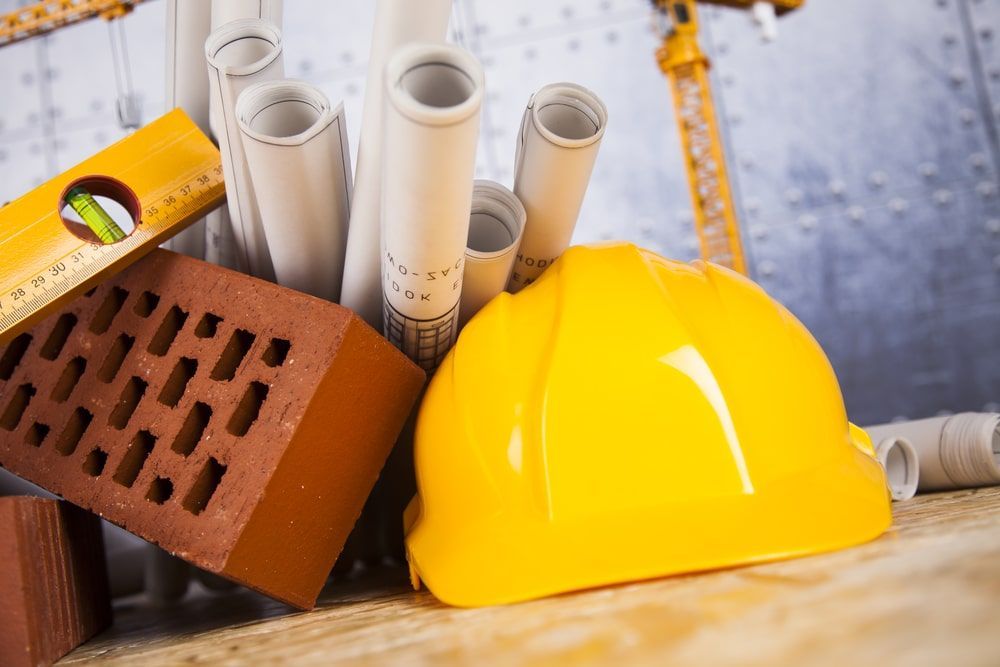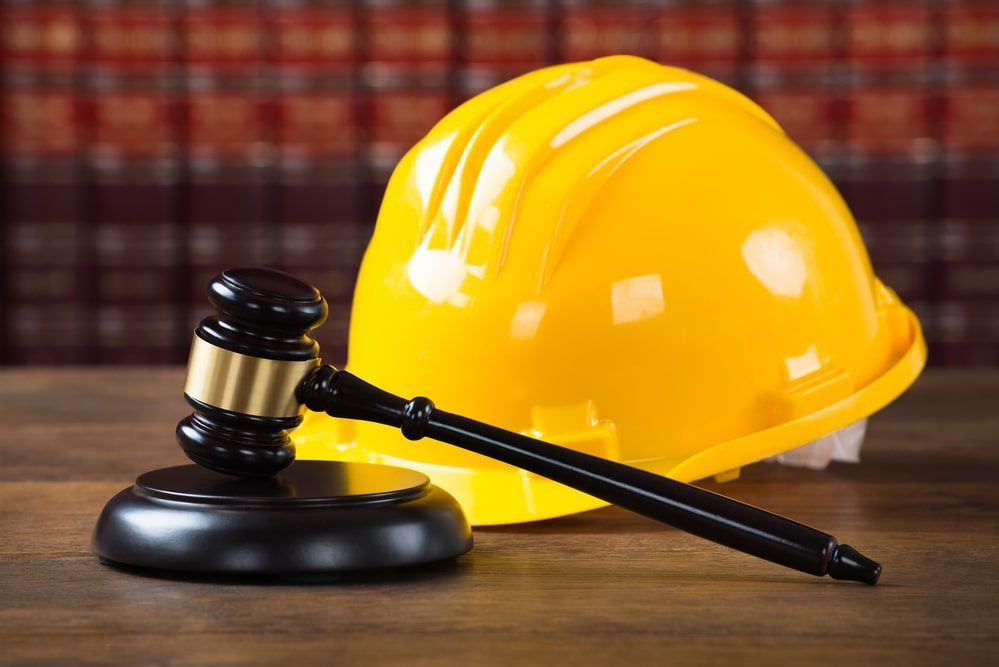Understanding the Operation and Enforcement of the Florida Construction Lien Law

The Construction Lien Law in Florida authorizes parties who provide labor and materials for construction contracts, and professional service providers, such as architects, landscapers, engineers, interior designers, and land surveyors to file a lien as security for payment.
The law also protects the property owner from paying a general contractor over the original agreed price.
For owners, contractors or suppliers regularly involved in construction projects, it is important to understand this law clearly so that you can assert your rights and meet your responsibilities as required.
Top Post → What is the Function of a Lien Waiver in Florida Construction Law?
What property is subject to lien in Florida?
Under Chapter 713, Florida Statutes , the Construction Lien Law sets out the rules for enforcing a construction lien on property in the state.
Liens can be attached to private property in Florida but not to federal, state, county, or municipal property.
Property owners who lease out their property sometimes include clauses in landlord-tenant agreements that exempt the property from a lien. Because of this, contractors who perform “tenant improvement” work should always check whether there is a Notice of this exemption in the public records of the county where the property is located.
It should be noted that lienors (those who hold a lien on another individual’s property) cannot waive their right to file a lien before performing work or supplying materials to improve real property.
When must the lien be recorded and a lawsuit filed in Florida?
The Construction Lien Law states that a Claim of Lien must be recorded within 90 days of the date that labor or materials were last provided to the project.
Returning to a project to perform minor repairs is unlikely to extend the 90-day deadline. After the lien is recorded, a copy must be served to the owner within 15 days.
If the lienor wants to file a lawsuit, this must be actioned within one year from the date the lien is recorded—unless a “Notice of Contest of Lien” is served on the lienor by the owner. Such a notice shortens the statute of limitations to 60 days after the lien is recorded. If these deadlines are missed by the lienor, the Claim of Lien is likely to be dismissed by the court.
Contractor licensing requirements in Florida
Under the Construction Lien Law, only licensed contractors, subcontractors, or sub-subcontractors can lien property in Florida.
Owners should always check that contractors have the appropriate licenses before a construction project begins. If they have not checked this when they receive a Claim of Lien, licensing should be immediately checked with the Florida Construction Industry Licensing Board.
If the contractor does not have the appropriate license, the Claim of Lien may be invalid.
What is the “Notice to Owner”?
A “Notice to Owner” informs a property owner of the identity of those who have provided materials or performed work on the property. This must be served on the property owner within 45 days of the date that the lienor first provided labor and/or materials to the project.
Without providing a “Notice to Owner,” a potential lienor cannot place a lien on the property, so owners in receipt of a Claim of Lien should always check that the correct notice was provided within the stated deadline.
What is the “Notice of Commencement”?
A Notice of Commencement is usually the first document that arises when construction liens are discussed.
This notice is a statement from the owner, recorded with the clerk’s office and identifying the name and address of the owner. It requires that all persons providing labor and materials to the project send a Notice to Owner (see above).
The Notice of Commencement allows the owner to request that the general contractor supplies releases of lien from all persons that have served a “Notice to Owner.” The notice signals the start of the construction project, with work commencing within 90 days of the date that the notice is recorded.
If a Notice of Commencement is not recorded, a building permit may not be issued, and a construction loan may not be disbursed by the lender.
How to avoid issues relating to Florida’s construction lien law
Property owners should protect themselves from paying twice for work done and materials supplied—and contractors should have the correct licensing and follow the correct procedures to ensure they are paid.
To avoid liens being placed on a property after building work, owners should request that the general contractor provide proof that all laborers and suppliers have been paid and provide partial and final releases from a lien.
This will prevent sub-contractors from placing a lien on the property because of non-payment by the general contractor.
Further, the owner should require sworn certification from the general contractor for each request for payment submitted to the owner. This should read something like the following:
“No known construction, supplier, subcontractor or materialmen’s liens are outstanding at the date of this requisition, that all due and payable bills with respect to the work have been paid to date or are included in the current application, and, except, for such bills not paid but so included, there is no known basis for the filing of any liens on the work, that such liens from all subcontractors, suppliers, and materialmen have been obtained in such form as to constitute an effective waiver of the lien under the laws of the State of Florida.”
This statement provides some protection for property owners that sub-contractors have been paid for their work or the supply of materials.
Owners can also avoid problems with liens by serving a “Demand for Sworn Statement of Account” to a lienor, which will tell them who has been paid what. If this is not provided within 30 days, the lienor may waive the right to place a lien on the property.
The owner also has some responsibilities to fulfill if certain requests are made by the general contractor. For instance, a lienor may request information/documentation, such as payment bonds, etc. The owner must respond within 30 days if such requests are made or may face liability for the attorney fees even if they win the case.
Also, to avoid further issues with a lien, a Final Contractor’s Affidavit must be submitted when the contractor requests final payment. This lists all money due to potential lienors that have not been paid.
Construction lien law is highly complex with strict deadlines and many legal requirements. Failing to follow the regulations can result in considerable financial and legal consequences for all parties in construction projects.
Contractors and property owners should tread carefully when entering construction contracts and ensure they have covered all legal requirements to protect their rights.
For the help you need, call Bennett Legal Group today at 407-734-4559 to arrange a free consultation. Alternatively, complete a short form and let us know the nature of your issue.
The post Understanding the Operation and Enforcement of the Florida Construction Lien Law appeared first on Bennett Legal Group, P.A..

















